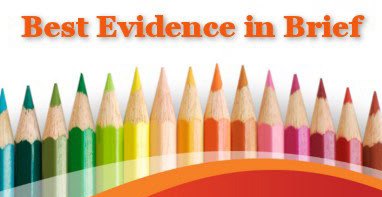A recent randomized controlled study by Downer et al. explored the effects of course-based and coaching-based professional development on 496 early childhood teachers and their students, with a focus on teacher-student interactions during language and literacy instruction. Teachers were recruited from large community preschools and Head Start programs and were randomized in two phases to conditions: a 14-week course on effective student-teacher interaction (Phase I) and a one-year teacher-coaching approach (Phase II). Overall, there were four conditions across the two phases: (a) no course/no coaching (business-as-usual control group), (b) no course/coaching, (c) course/no coaching, and (d) course/coaching.
The findings of the study indicated that both course-based and coaching-based professional development interventions led to positive changes in teacher-student interaction related outcomes. The combination of the two approaches, however, did not yield additional benefits. Specifically, in relation to the control condition, the course-based professional development intervention found a modest yet enduring positive impact on teachers’ knowledge about and ability to identify effective classroom interactions, and the coaching intervention had a small effect on children’s positive engagement with teachers. Furthermore, both the course-based and coaching-based professional development interventions were beneficial for fostering instructionally supportive teacher-student interactions, with coaching-based intervention exhibiting greater impact as compared to course-based intervention.

